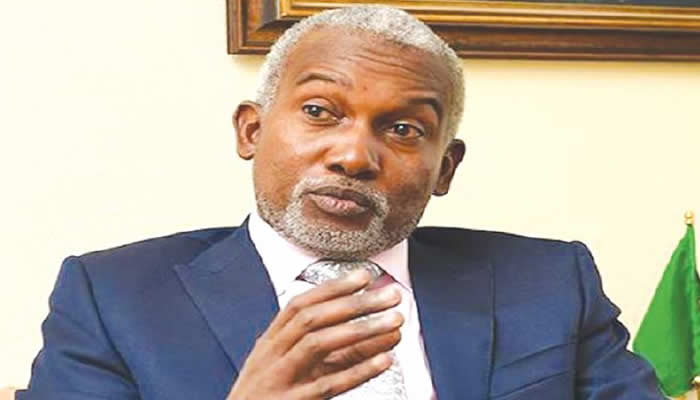The Nigerian government has initiated a rescue operation for a group of its citizens stranded in the Central African Republic (CAR). The plight of these workers came to light through a viral video depicting their desperate situation in Bambari, a region located approximately 850 kilometers from the CAR’s capital, Bangui. Abandoned by their employers and the individuals who facilitated their travel, the stranded Nigerians faced an uncertain future until the Nigerian Ministry of Foreign Affairs intervened. The ministry, deeply concerned about the workers’ welfare, acted swiftly to establish contact and coordinate their safe return.
The Ministry of Foreign Affairs, acknowledging the widespread circulation of the distressing video on social media, confirmed that officials from the Nigerian mission in the CAR had successfully made contact with the stranded nationals. Working in close collaboration with the local authorities in Bangui, the Nigerian embassy initiated efforts to ensure the safety, well-being, and expeditious repatriation of the stranded workers. The ministry emphasized its commitment to protecting its citizens abroad and pledged to facilitate their return journey.
Key steps in the repatriation process included retrieving the workers’ passports, which had apparently been confiscated. A vehicle was dispatched to Bambari, under military escort, to transport the Nigerians back to Bangui. The ministry anticipated their arrival in the capital city on Saturday, July 26, 2025. Meanwhile, discussions were underway with the company that employed the Nigerians to arrange their accommodation and welfare while they remained in Bangui, pending their eventual return to Nigeria.
This incident highlights the vulnerabilities faced by migrant workers seeking opportunities abroad. The Nigerian government, while working to resolve this particular situation, underscored the importance of due diligence for citizens venturing overseas for employment. The ministry strongly advised prospective migrant workers to thoroughly vet potential employers and ensure all travel documents are in order before departing Nigeria. This precautionary measure is crucial to mitigate risks and avoid similar predicaments.
Furthermore, the Ministry of Foreign Affairs emphasized the importance of registration with the Nigerian embassy upon arrival in a foreign country. This simple act allows the embassy to maintain a record of Nigerian citizens residing or working within its jurisdiction, enabling efficient consular assistance in times of need. Registering with the embassy provides a safety net, facilitating communication and support in unforeseen circumstances such as the one experienced by the stranded workers in the CAR.
The Nigerian government’s prompt response to the plight of its stranded citizens in the CAR demonstrates its commitment to safeguarding its diaspora. By coordinating with local authorities, ensuring the workers’ safety and well-being, and facilitating their repatriation, the ministry acted decisively to resolve the crisis. This incident serves as a reminder of the challenges faced by migrant workers and the importance of proactive measures to protect their rights and welfare. The government’s advice to verify employers, ensure proper documentation, and register with the embassy provides valuable guidance for Nigerians seeking employment opportunities abroad, promoting safer and more secure experiences in foreign lands.














